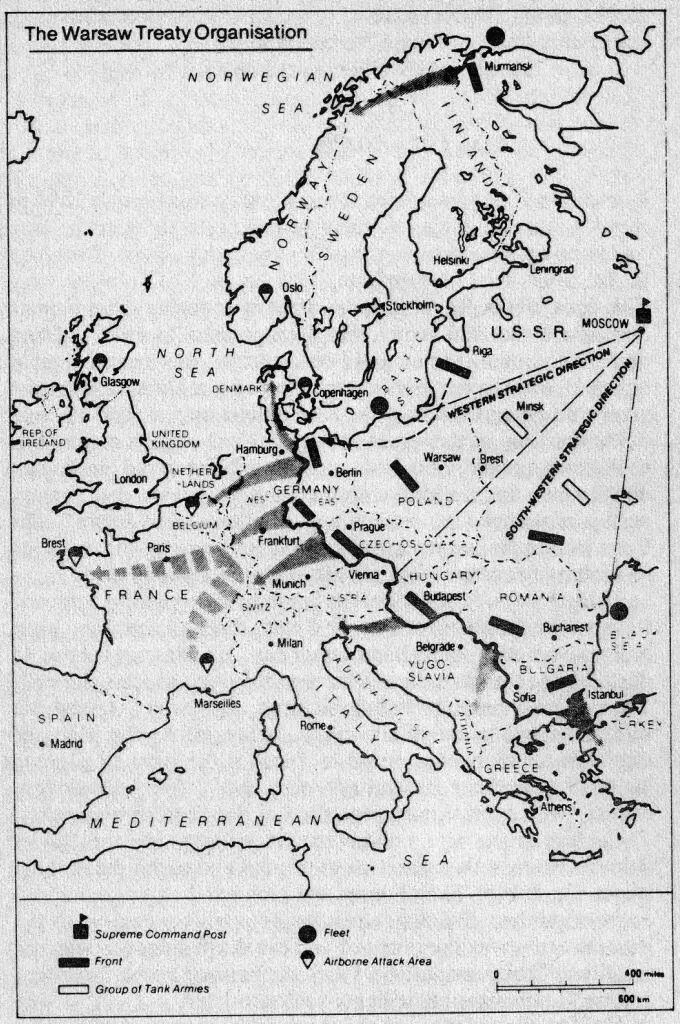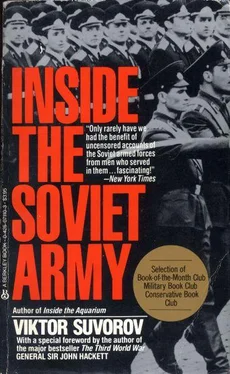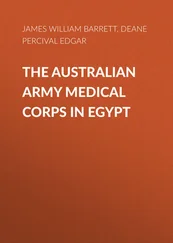Why was the Warsaw Treaty Organisation set up later than NATO?
1
The countries of the West set up NATO in 1949 but the Warsaw Treaty Organisation was created only in 1955. For the Communists, comparison of these two dates makes excellent propaganda for consumption by hundreds of millions of gullible souls. Facts are facts-the West put together a military bloc while the Communists simply took counter-measures-and there was a long delay before they even did that. Not only that, but the Soviet Union and its allies have come forward repeatedly and persistently with proposals for breaking up military blocs both in Europe and throughout the world. The countries of the West have rejected these peace-loving proposals almost unanimously.
Let us take the sincerity of the Communists at face value. Let us assume that they do not want war. But, if that is so, the delay in establishing a military alliance of Communist states contradicts a fundamental tenet of Marxism: `Workers of the World Unite! is the chief rallying cry of Marxism. Why did the workers of the countries of Eastern Europe not hasten to unite in an alliance against the bourgeoisie? Whence such disrespect for Marx? How did it happen that the Warsaw Treaty Organisation was set up, not in accordance with the Communist Manifesto but solely as a reaction to steps taken by the bourgeois countries-and then so belatedly?
Strange though it may seem, there is no contradiction with pure Marxism in this case. But, in trying to understand the aims and structures of the Warsaw Treaty Organisation, the interrelationships within it and the delay in its establishment (which at first sight is inexplicable), we shall not immerse ourselves in theory nor attempt to follow the intricate workings of this unwieldy bureaucratic organisation. If we study the fate of Marshal K. K. Rokossovskiy we shall come to understand, if not everything, at least the essentials.

2
Konstantin Konstantinovich Rokossovskiy was born in 1896 in the old Russian town of Velikiye Luki. At eighteen he was called up by the Russian army. He spent the whole of the war at the front, first as a private, then as an NCO. In the very first days of the Revolution he went over to the Communists and joined the Red Army. He distinguished himself fighting against both the Russian and Polish armies. He moved rapidly upwards, ending the war in command of a regiment. After the war he commanded a brigade, then a division and then a corps.
At the time of the Great Purge the Communists tortured or shot those people who had miraculously survived until then despite past connections with the Russian government, army, police, diplomatic service, church or culture. Red Army Corps Commander Rokossovskiy found himself among the millions of victims because of his service with the Russian army.
During the investigations he underwent appalling tortures. Nine of his teeth were knocked out, three of his ribs were broken, his toes were hammered flat. He was sentenced to death and spent more than three months in the condemned cell. There is testimony, including his own, that, twice, at least, he was subjected to mock shootings, being led to the place of execution at night, and made to stand at the edge of a grave as generals on his right and left were shot, while he was `executed' with a blank cartridge fired at the nape of his neck.
On the eve of the war between Germany and the Soviet Union Rokossovskiy was let out of gaol and given the rank of Major-General of Tank Forces and command of a mechanised corps. However, the charge resulting from his service with the Russian army was not dropped and the death sentence was not annulled. `Take command of this mechanised corps, prisoner, and we'll see about your death sentence later….
On the second day of the war, Rokossovskiy's 9th Mechanised Corps struck an unexpected and powerful blow against German tanks, which were breaking through in the area of Rovno and Lutsk, at a moment when the rest of the Soviet forces were retreating in panic. In a situation of confusion and disorganisation, Rokossovskiy showed calmness and courage in his defence of the Soviet regime. He managed to maintain the fighting efficiency of his corps and to make several successful counter-attacks. On the twentieth day of the war he was promoted, becoming Commander of the 16th Army, which distinguished itself both in the battle of Smolensk and, especially, in the battle for Moscow, when, for the first time in the course of the war, the German army was heavily defeated. During the battle of Stalingrad Rokossovskiy commanded the Don front, which played a decisive role in the encirclement and complete destruction of the strongest German battle group, consisting of twenty-two divisions.
During the battle for Kursk, when weather conditions put the contestants on equal terms, Rokossovskiy commanded the Central Front, which played a major part in smashing Hitler's last attempt to achieve a decisive success. Thereafter Rokossovskiy successfully commanded forces in operations in Byelorussia, East Prussia, Eastern Pomerania and, finally, in Berlin.
Stars rained upon Rokossovskiy. They fell on to his shoulder boards, on to his chest and around his neck. In 1944 he was awarded the diamond Marshal's Star and a gold star to pin on his chest. In 1945 he was awarded both the Victory order, on which sparkle no less than one hundred diamonds, and a second gold star. Stalin conferred the highest honour on Rokossovskiy by giving him command of the Victory Parade on Red Square.
But what has all this to do with the Warsaw Treaty Organisation? The fact that, immediately after the war, Stalin sent his favourite, Rokossovskiy, to Warsaw and gave him the title of Marshal of Poland to add to his existing rank as Marshal of the Soviet Union. In Warsaw Rokossovskiy held the posts of Minister of Defence, Deputy President of the Council of Ministers and Member of the Politburo of the Polish Communist Party. Think for a moment about the full significance of this-a Marshal of the Soviet Union as deputy to the head of the Polish government!
In practice Rokossovskiy acted as military governor of Poland, senior watchdog over the Polish government and supervisor of the Polish Politburo. As all-powerful ruler of Poland, Rokossovskiy remained a favourite of Stalin's, but a favourite who was under sentence of death, a sentence which was lifted only after the death of Stalin in 1953. A favourite of this sort could have been shot at any moment. But, even if the death sentence had been lifted, would it have taken long to impose a new one?
Now let us see the situation from the point of view of the Generalissimo of the Soviet Union, J. V. Stalin. His subordinate in Warsaw is Marshal of the Soviet Union Rokossovskiy. This subordinate carries out all orders unquestioningly, accurately and speedily. Why should Stalin conclude a military alliance with him? Even to contemplate such a step would show a flagrant disregard for the principles of subordination and would be an offence in itself. A sergeant has no right to make an agreement of any kind with the soldiers under him or a general with his officers. In the same way, a Generalissimo is not entitled to conclude alliances with his own Marshal. It is the right and duty of a commander to give orders and a subordinate is bound to obey these orders. Any other kind of relationship between commanders and their subordinates is entirely forbidden. The relationship between Stalin and Rokossovskiy was based upon the fact that Stalin gave the orders and that Rokossovskiy carried them out without question.
3
The fact that he knew no Polish did not disturb Rokossovskiy in the slightest. In those glorious days not a single general in the Polish army spoke Polish, relying instead on interpreters who were constantly in attendance.
Читать дальше













